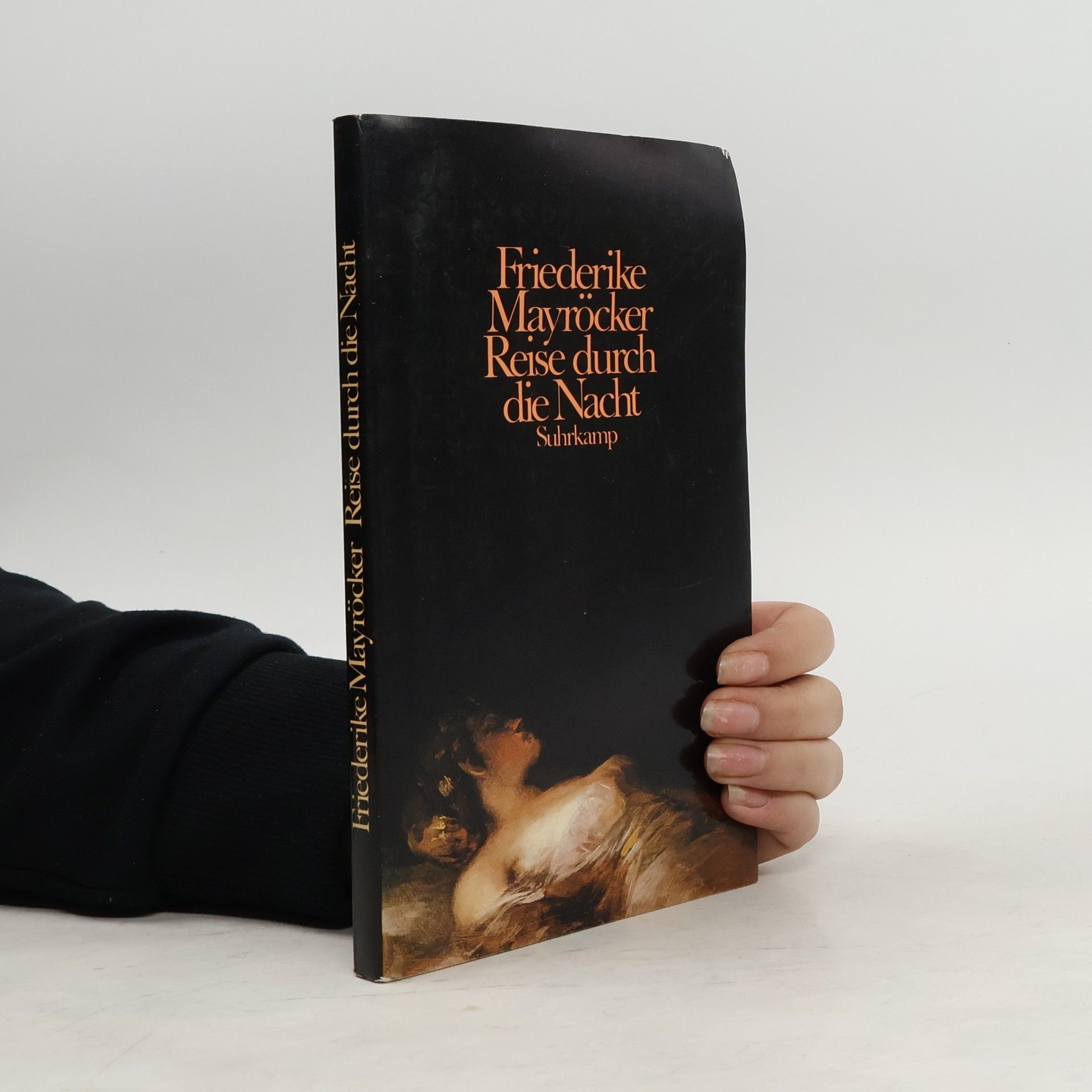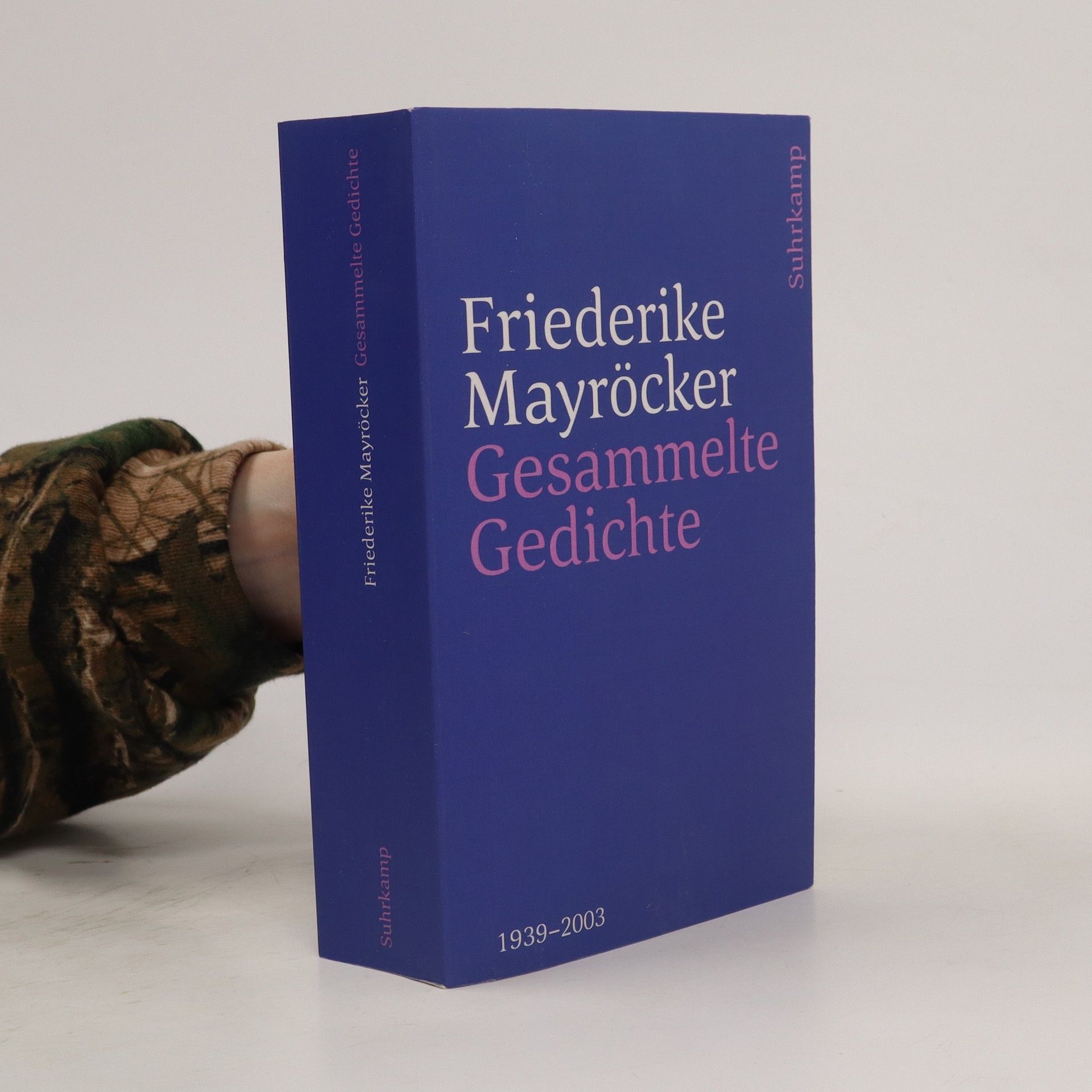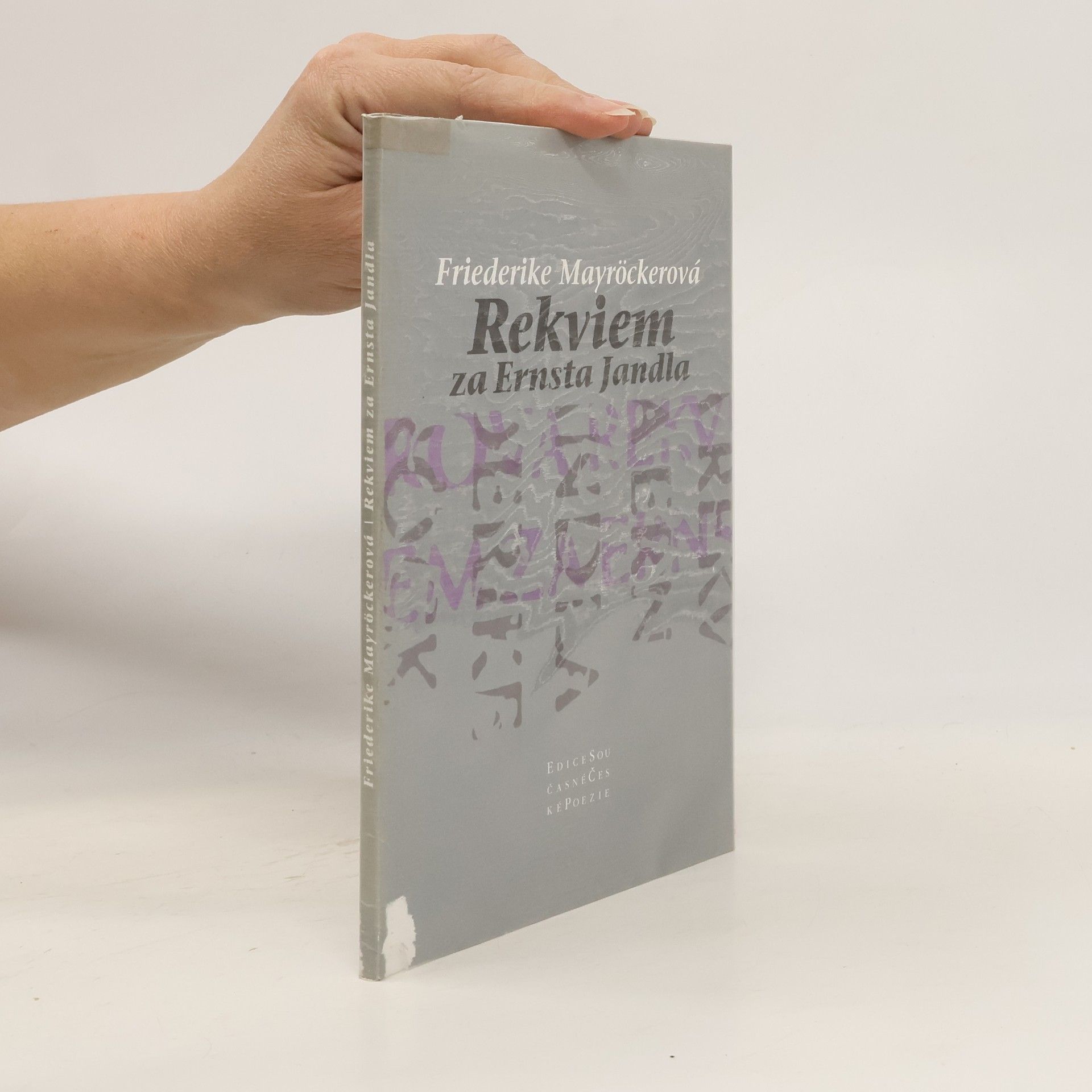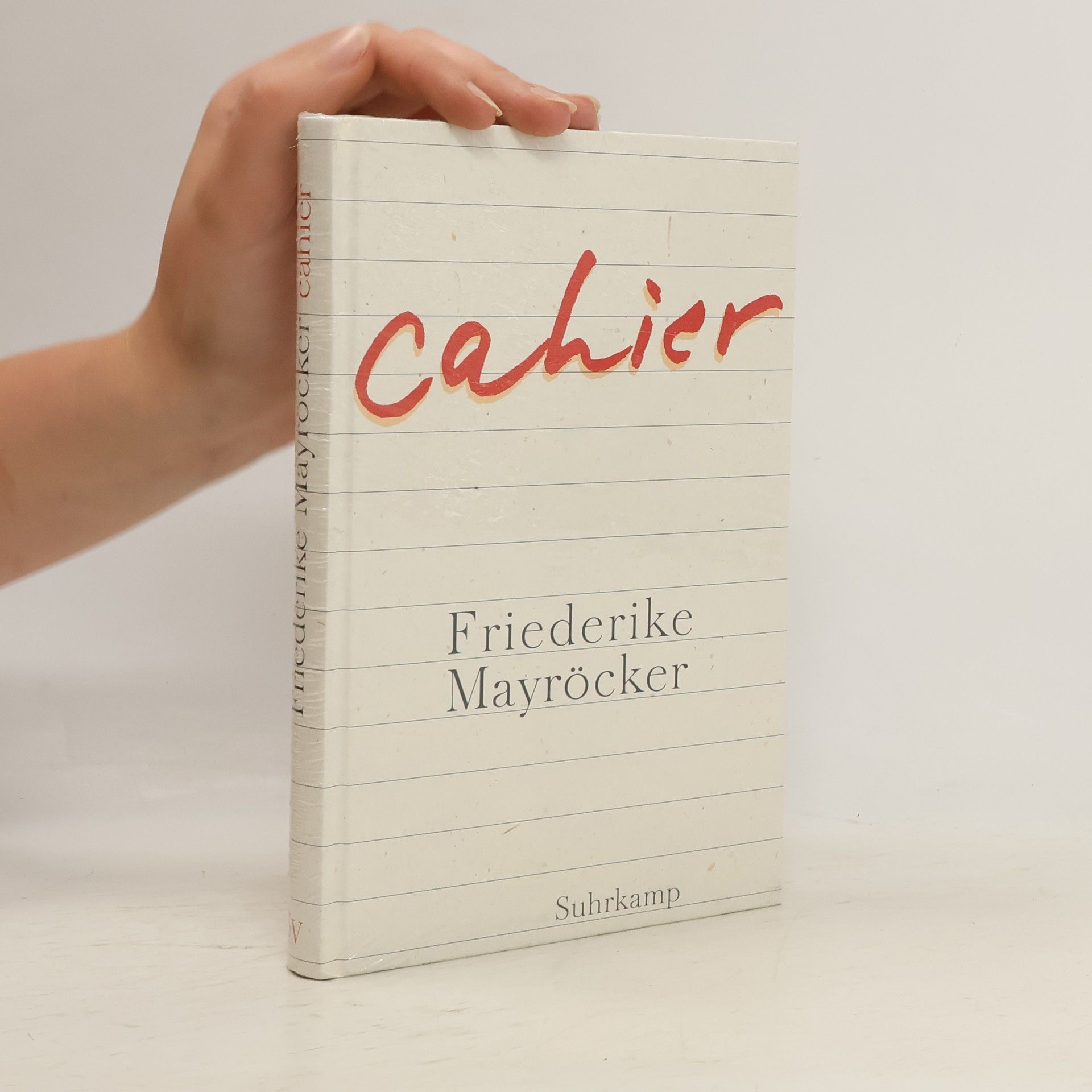The Communicating Vessels
- 256pagine
- 9 ore di lettura
For the first time available in English, two portraits of grief by Friederike Mayröcker, one of the significant European writers of our time.Friederike Mayröcker met Ernst Jandl in 1954, through the experimental Vienna Group of German writers and artists. It was an encounter that would alter the course of their lives. Jandl's death in 2000 ended a partnership of nearly half a century. As writers have for millennia, Mayröcker turned to her art to come to terms with the loss. Taking its cue from the André Breton's work of the same name, The Communicating Vessels is an intensely personal book of mourning, comprised of 140 entries spanning the course of a year and exploring everyday life in the immediate aftermath of Jandl's death. Rilke is said to have observed that poetry should begin as elegy but end as praise: taking this as a guiding principle, And I Shook Myself a Beloved reflects on a lifetime of shared books and art, impressions and conversations, memories and dreams.Masterfully translated by Alexander Booth, these two singular books of remembrance and farewell offer a stunning testament to a life of passionate reading, writing, and love.







